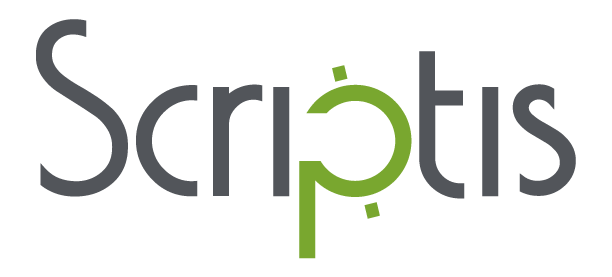Fintech translation for the French Canadian market
Fintech translation for the French Canadian market
The term “fintech” includes applications and software that allow people or businesses to digitally access and manage their finances. A huge part of what makes a particular app like Venmo successful is the trust it inspires in its users. Users must have absolute faith that these tools are secure and that their money and personal data will be protected from cyber-attacks and theft.
For fintech businesses who want to enter an international or multilingual market, translation is an obvious need. In addition to translation, creators need to localize content for the specific country in which they’ll be selling.
For French-speaking Canadians, language is an important marker of regional identity. Canadian and European French are mutually intelligible, but distinct cultural, stylistic, legal and terminological differences distinguish the language used by the financial industry in Canada from that used in France. To be effective in Canada, translating and localizing fintech content is a must.
Cultural differences
French Canadians have different attitudes toward “business English.” European French tends to be liberally sprinkled with anglicisms such as “email,” “phishing,” and “laptop.” On the other hand, Quebec users expect to see “courriel,” “hameçonnage,” and “portable.” Keeping the French language alive and vital in Quebec is a clearly articulated public good, and this requires using French terms, even if the English terms seem ubiquitous elsewhere in the French-speaking world.
Stylistic differences
Just as Canadian English spelling (“favourite,” “colour”) jumps out at US readers, Canadian francophones will notice European French conventions such as leaving the accents off capital letters. A small difference like this would signal to your Quebec audience that you were re-using European French translations. When using a product as personally sensitive as a finance app, users want to feel like their specific Canadian financial needs are known and valued.
Linguistic differences
These are the most important reasons for Canadian French localization. Professional titles in Quebec will differ from those used in France. In addition, some titles in Quebec can only be used legally by individuals with proper credentials. For example, in European French, a certified accountant or “expert-comptable” is a member of the Ordre des experts-comptables (OEC). The Canadian French equivalent is the Ordre des CPA du Québec, the professional organization of “comptables professionnels agréés.” In Quebec, a “conseiller en sécurité financière,” literally translated as “financial security advisor,” is also reserved for use only by credentialled professionals, while the French (reserved) equivalent is “conseiller en investissements financiers.”
Here are samples of other terminological differences:
| English | French-EU | French-CA |
| start-up | start-up | enterprise en démarrage |
| bank card (debit / credit) | carte bancaire | carte de crédit ou de débit |
| due diligence | contrôle préalable | vérification préalable |
| crowdfunding | financement participatif | sociofinancement |
| commercial paper | billet de trésorerie | papier commercial |
| ATM (automated teller machine) | DAB (distributeur automatique de billets) | GAB (guichet automatique bancaire) |
French Canadian fintech translation and localization requires expertise
Beyond these examples, there are many differences between European and Canadian French in the financial space. When preparing to launch a fintech product in Quebec, use language professionals with subject-matter expertise. Scriptis maintains an in-house team of translators, revisers, and terminologists specifically for consumer- and business-facing financial translation.
